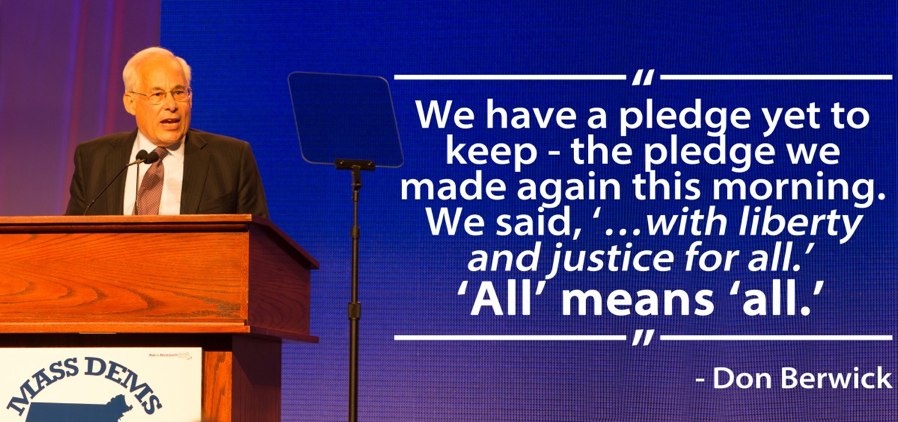We have a lot of new Tinderbox ideas planned for the coming months. And there’s lots to people to discover about Tinderbox Six! For example, we have two new families of badge icons – one set of understated black-and-white badges, and another set of colorful avatars of colorful people. And it’s easy to add your own families of badges, too.
A new Tinderbox Six release just went live in the backstage area.
But in addition to Tinderbox, I’ve got two big projects for the summer months. First, Storyspace 3, bringing Storyspace into the world of Mavericks, Yosemite, and beyond.
In addition, I’d love to tackle a hypertext fiction project that’s been bugging me for ages. Years ago, I wrote a paper about “Card Shark and Thespis”, tools for writing hypertexts that are nothing at all like the Web we know. That paper was well received, and introduced the idea of “sculptural hypertext,” a term we still hear occasionally. I’ve toyed with the ideas several times, and the group at Southampton has done some fascinating work along these lines.
But for the most part, the idea sat on the shelf for a decade. So, too, has the questions of story (what supposedly happened) and plot (how those events are told to us) in hypertexts where the story is the focus. I tried to get some interest in self-organizing hypertexts, the neoVictorian gothic aesthetic Spuybroek proposes in The Sympathy of Things, but that’s gotten no traction at all.
I’m also interested in seeing just how much story we can get into a hypertext. Here, too, what seems to me to be a naturally fascinating question is wildly unfashionable. It’s not just the Eastgate crowd. Digital storytelling wants everything to be memoir and every voice to be authentic. Interactive Fiction wants to give you the illusion of freedom, holodeck hamlet, at any cost. The electronic poets seem mostly to be interested in the boundaries of legibility, which really is orthogonal to the story.
So, I’m giving it a shot. Probably this will end up in the desk drawer, but we’ll see where it goes.




